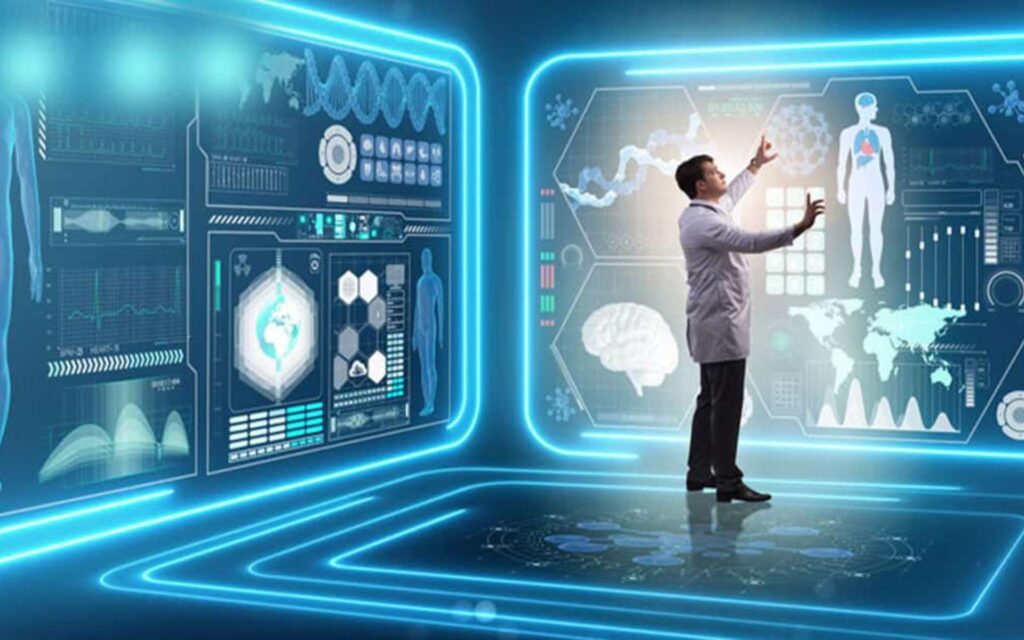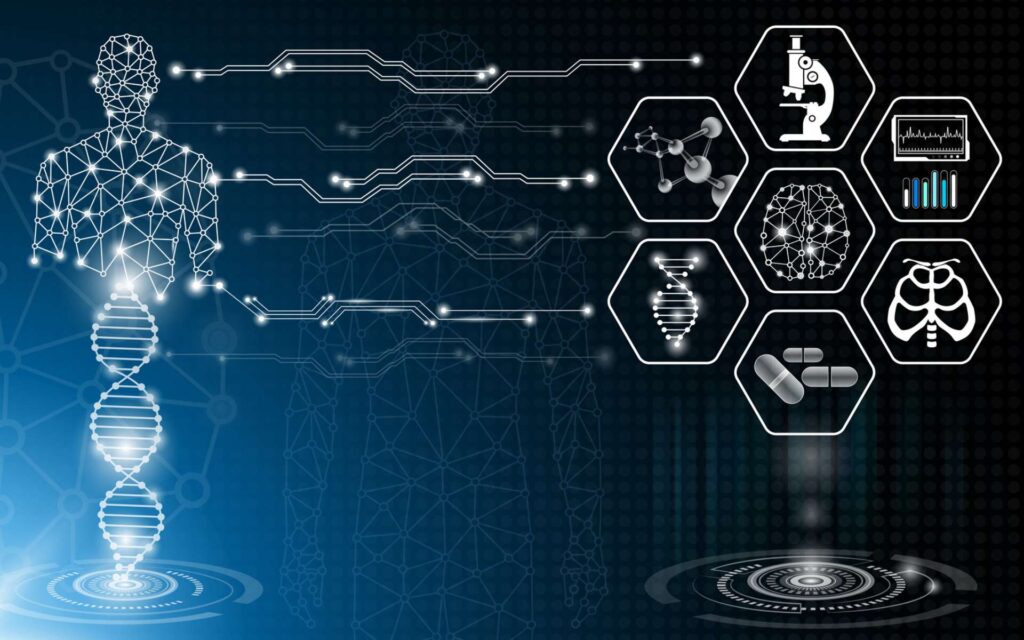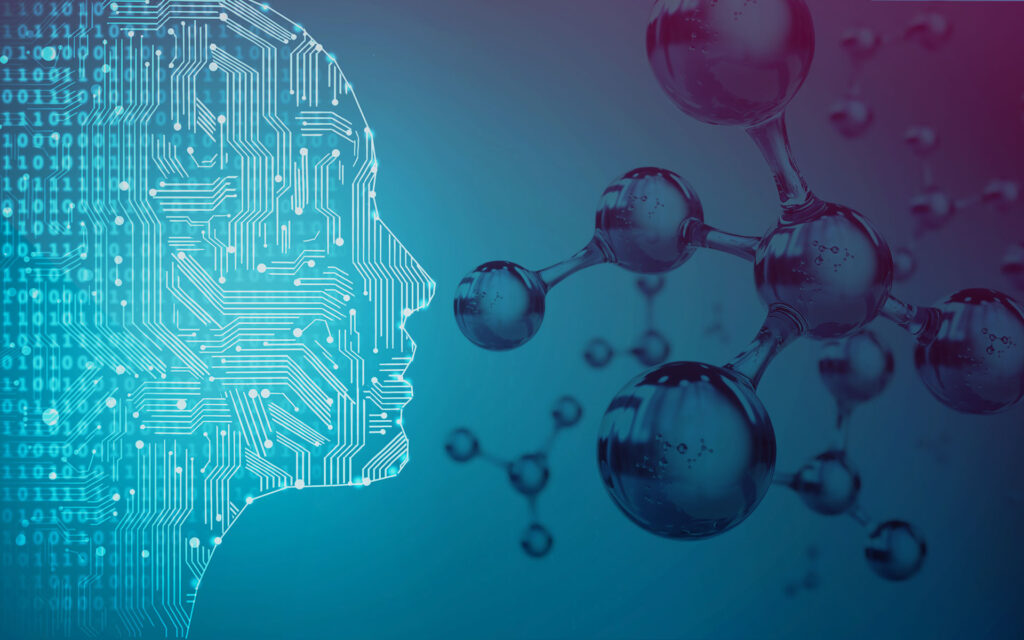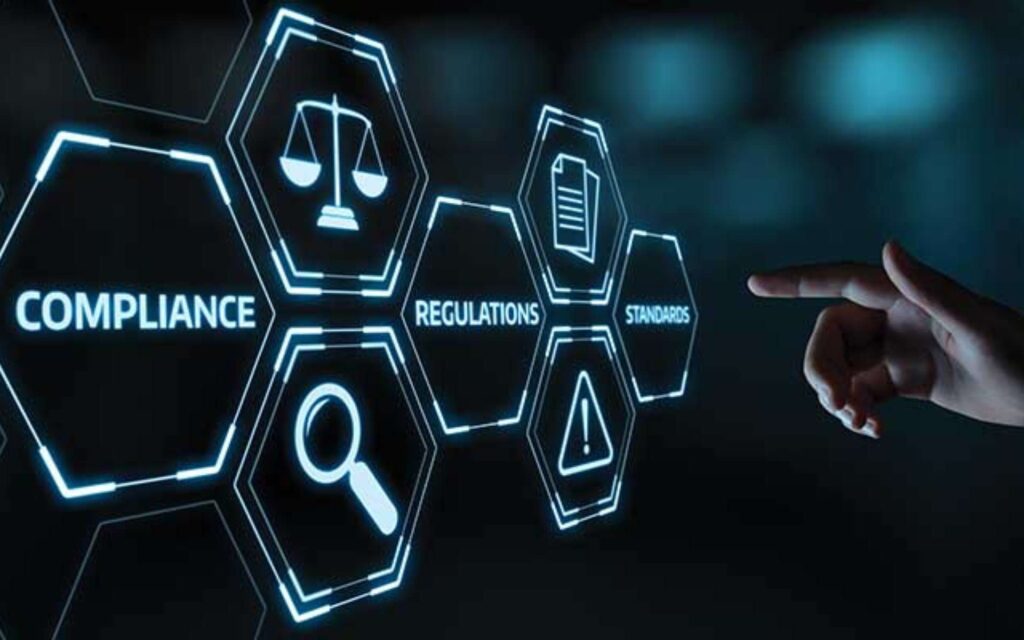

AI SPRING SUMMIT 2025
Healthcare, Governance & Ethics
This three-day event features the Healthcare AI Summit on June 10, joint HAI and DSI sessions on June 11, and concludes June 12 with the DSI Spring Research Workshop, highlighting expert speakers and networking opportunities.
- Date: June 10-12, 2025
- Humphrey School Auditorium, UMN

Innovating
Healthcare with AI
At the Health AI Institute, we are committed to healthcare innovation. Our multidisciplinary team collaborates to drive AI adoption, transforming patient care and improving health outcomes. Join us as we pioneer advancements in healthcare technology for a healthier future.
We’re at the forefront of studying how AI can make healthcare better. We’re always exploring new ways AI can help doctors and patients.
We team up with hospitals, tech companies, and schools to find ways AI can improve healthcare. By working together, we can make big changes. We team up with hospitals, tech companies, and schools to find ways AI can improve healthcare. By working together, we can make big changes.
We talk to people in our community about AI and healthcare. We want everyone to understand how AI can make a difference in their lives. Our goal is to create AI tools that really work for doctors and patients. We’re always looking for new ways to use AI to help people stay healthy.
Drug Discovery and Development
Diagnosis and Treatment
Operations and Administration
Remote Monitoring and Telemedicine
Precision Medicine
Public Health Surveillance
Why Artificial
Intelligence?
$51.3
billion
The Healthcare Artificial Intelligence Market is expected to reach $51.3 billion by 2027.
$15.7
trillion
AI is expected to contribute $15.7 trillion to the global economy by 2030.
As healthcare becomes more digitalized, the demand for health AI, including AI technologies and advanced analytics, is rapidly increasing. To maintain competitiveness, healthcare leaders must also prioritize training and upskilling staff in health AI applications.
Encouraging new ideas and trying out new things in healthcare can make AI technologies work better. Working together with tech experts and other companies can give helpful advice and help solve problems when using health AI.
AI is ready to change healthcare and life sciences in big ways.
Technological Advancements
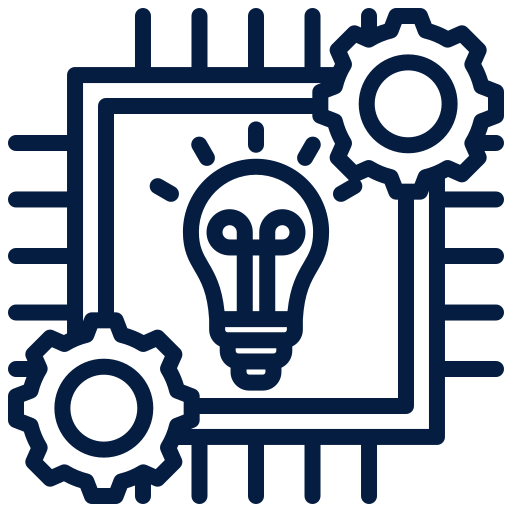
Significant advancements in AI technology, particularly in machine learning and deep learning algorithms, have made AI more powerful and accessible than ever before.
Big Data

The rapid growth of data from various sources, including social media, IoT devices, and sensors, has created a wealth of information that AI systems can analyze to derive valuable insights and predictions.
Industry Adoption

Many industries including healthcare, finance, retail, and manufacturing, are increasingly adopting AI solutions to improve efficiency, enhance decision-making, and drive innovation.
Global Challenges

AI has the potential to address pressing global challenges, such as healthcare disparities, climate change, and economic inequality, by enabling more efficient resource allocation, predictive modeling, and personalized interventions.
Economic Impact

AI is expected to have a significant economic impact, driving job creation, productivity gains, and revenue growth for businesses that successfully integrate AI into their operations.
Autonomous Systems

Advancements in AI have led to the development of autonomous systems capable of performing tasks without direct human intervention. These systems range from self-driving cars and drones to robotic manufacturing processes


